From four wheels
to two (and a box)
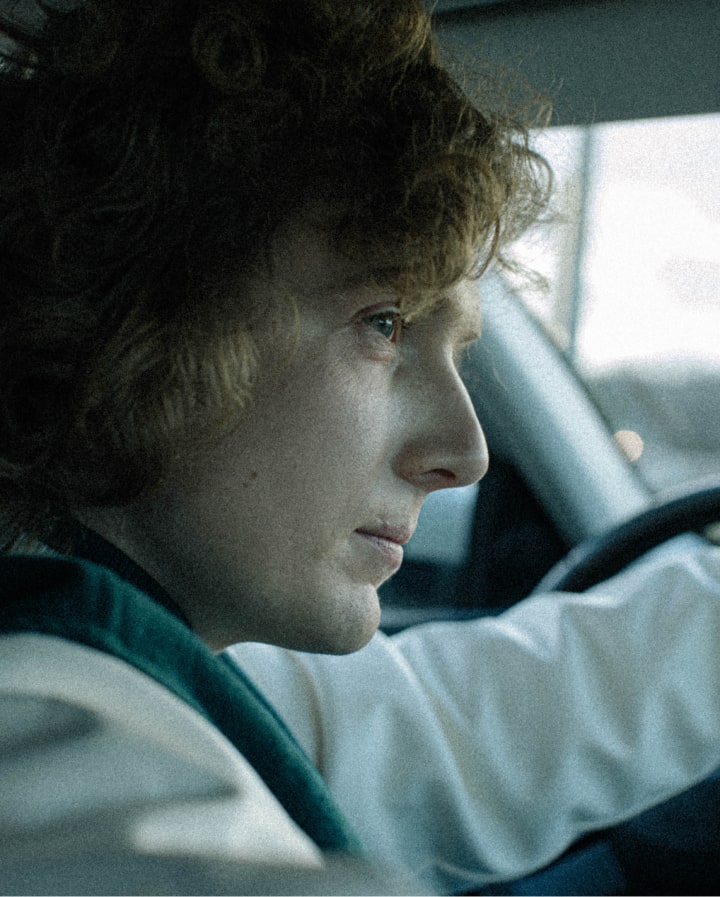
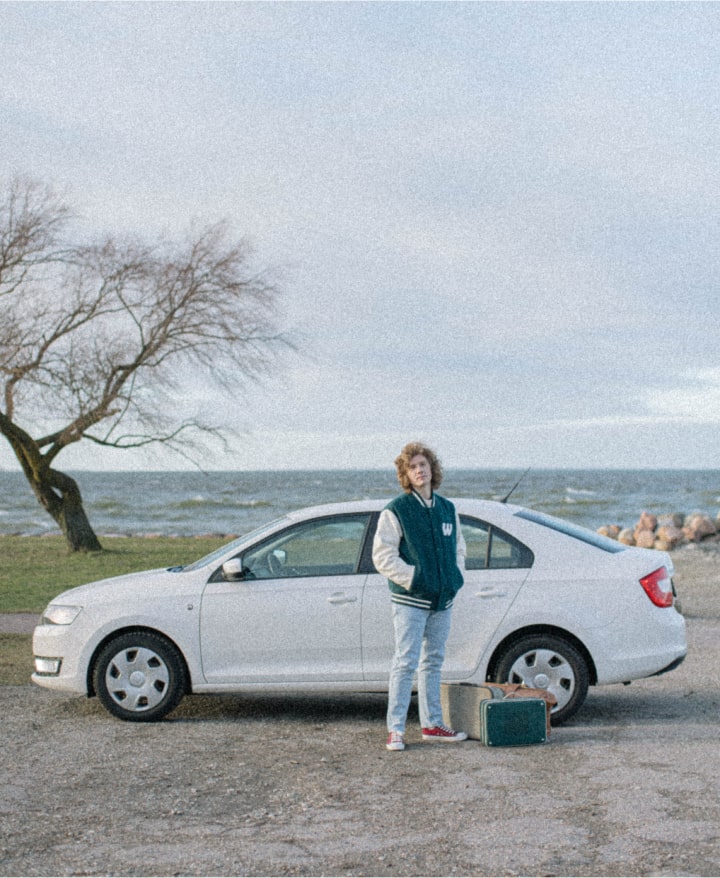
Hendrik is a 30-year-old photographer and father of two. His creative side lives through the lens of his camera — capturing sports, nature, and street life. His practical side does commercial work and personal portraits to make ends meet. And like any practical person with small children, Hendrik was convinced he needed two cars to support his family.
Hendrik’s plan was to move into the suburbs on the edge of the city, invest in a home, and commute with a fleet of two cars. One person would drive the kids to a birthday party, the other would be at the shop, getting groceries. On the weekends, Hendrik would get the cars washed and mow the lawn. But then the story diverged from the stereotypical suburban script.
A love story begins
His family moved to the city centre instead, and he ditched one of the cars for a new cargo bike. A cargo bike is similar to a regular pedal bike, but with a large box or a platform for transporting goods (and kids). He fell madly in love with it, and his old ride, a Škoda Superb, was a thing of the past. “It changed things,” Hendrik said of his new mode of transport, “and profoundly.”
Hendrik first became acquainted with cargo bikes about a decade ago when almost nobody he knew had one or even knew what they were. Nowadays, they’re easy to rent and buy. But just a couple of years ago, he had to search through online cycling communities to get his hands on one. People were even importing them from the Netherlands, where they had gained an early foothold.
Mixing business with pleasure
Hendrik became an early adopter. “I often go to the shop with it,” he said. “I can put two kids in the front, plus three bags of food and three litres of water. A friend even used it to move firewood. It’s a really practical tool.”
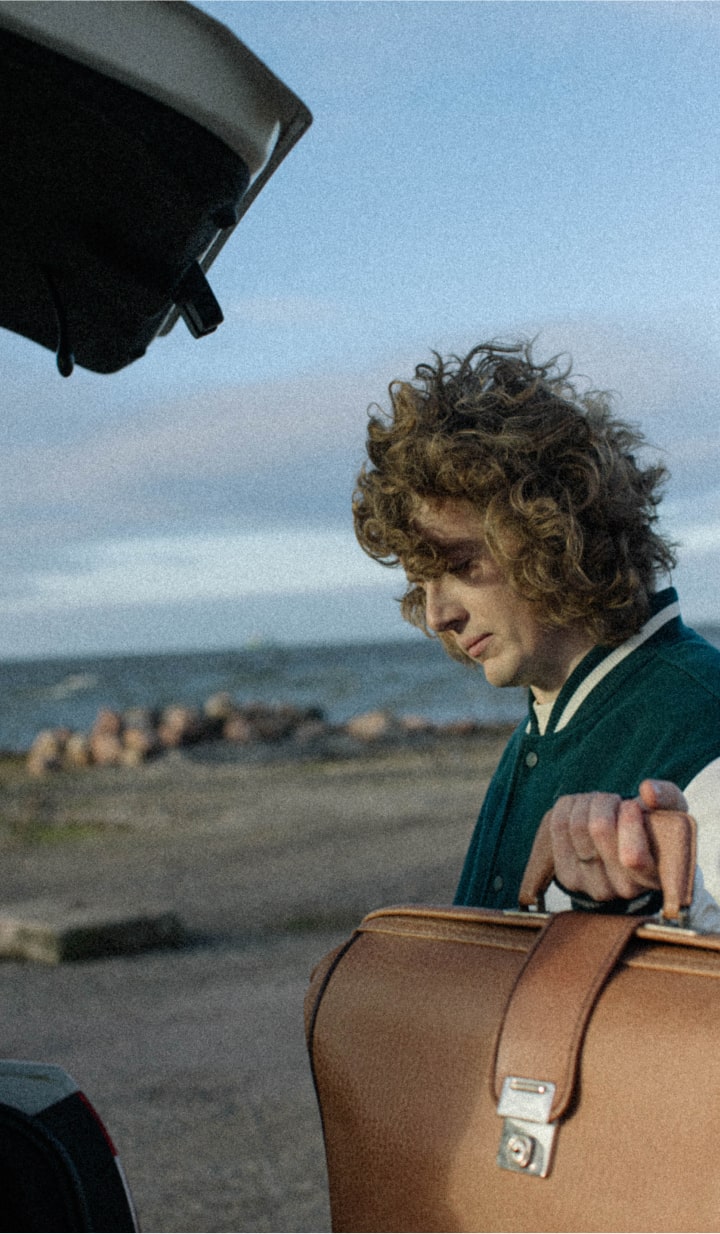
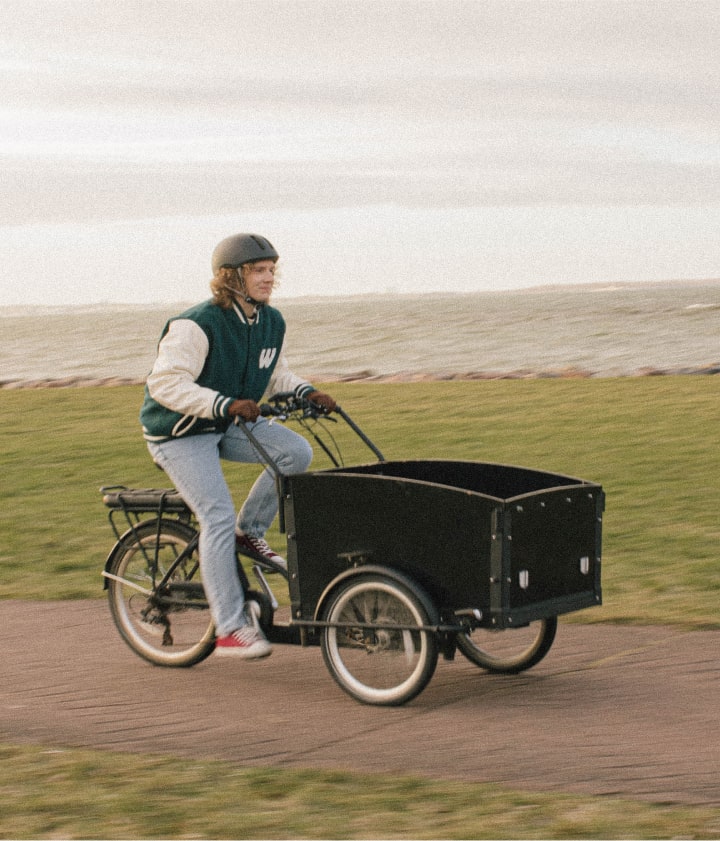
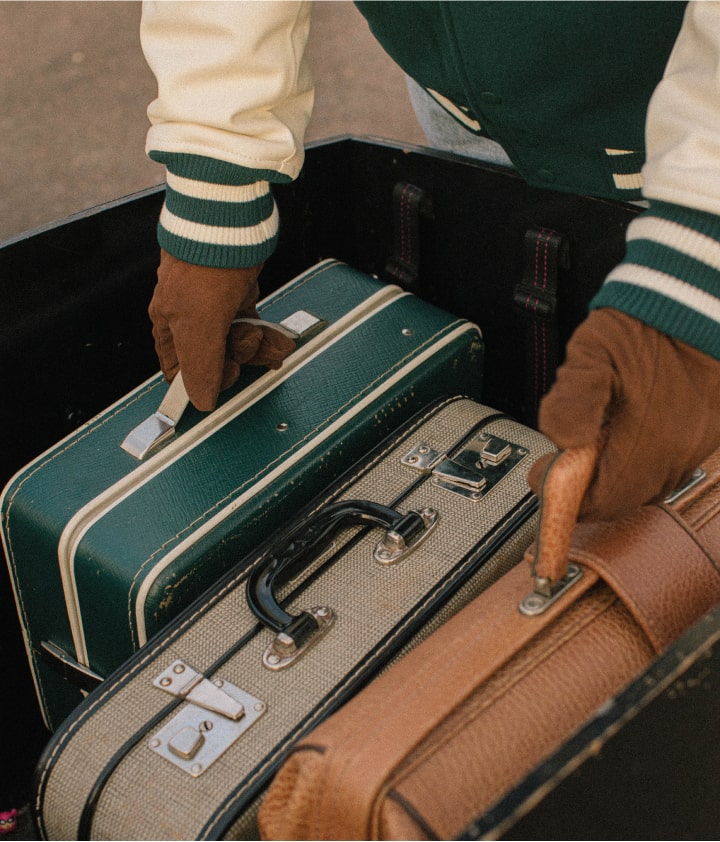
Taking his children — aged 2 and 5 — to preschool has also become easier, thanks to the bike. The city is congested with car traffic, and the preschool is actually closer on foot than by car. Going by car might take Hendrik 20 minutes, but by bike, he can zoom over in no time. The children enjoy these trips on the cargo bike, and get to see more of the city. “They have a 360-degree view of everything,” said Hendrik. “They know the city so well.” Cargo bikes are gaining popularity across Europe, and for a good reason — they’re helping cities reduce air and noise pollution and improve the use of public space.
According to Wired, it’s estimated that cargo bikes could replace around 51 per cent of all motorised freight trips in European cities. A recent study in Paris showed that it’s technically possible to pick up and deliver as much as 91% of freight using e-cargo bikes.
No regrets
Hendrik is happy with his decision to end things with his family’s second car. There were annoying little things about car ownership that, over time, had started to grate on his nerves — especially the car inspections and the seasonal tyre changes. “If you have two cars, and you add up how often you use them, you realise you don’t actually need them both,” commented Hendrik.
While he has become an avid cyclist, he actually gets around in a variety of ways. Hendrik has his own electric scooter, and when it’s not on hand, he can just step onto a Bolt scooter instead.
He also uses Bolt Drive when necessary or takes public transport. On occasion, he’s carpooled with friends. While personal cars have long been a symbol of freedom, Hendrik says he feels more free without one. “I can always choose the most convenient means of transportation for me,” he said.
He has had to address some concerns from family members and friends regarding his decision to go with a cargo bike instead of a car. Some people were sceptical and said that every family with two kids needed two cars to function properly; but Hendrik chalked this concern up to generational conditioning.


He thinks owning a car will increasingly become a thing of the past. He notices more cyclists in the city, and would like the government to invest in more bike paths so that the city can become less congested and a nicer, greener place to live.
There’s also the matter of the younger generation, who are growing up in the front of a cargo bike instead of in the back seat of a car. “They might be the first generation who doesn’t rush to get their licences as soon as they turn 18,” Hendrik said. “In 10 years, cargo bikes could be a widely used means of transport in the streets,” he added, “considering that we want to make city life greener.”
The end

Need help breaking up?
Bolt is a mobility app that helps you break up with your car and live a better, healthier and more sustainable life. Download the app and enjoy our ride-hailing, scooter, e-bike, and car-rental services.